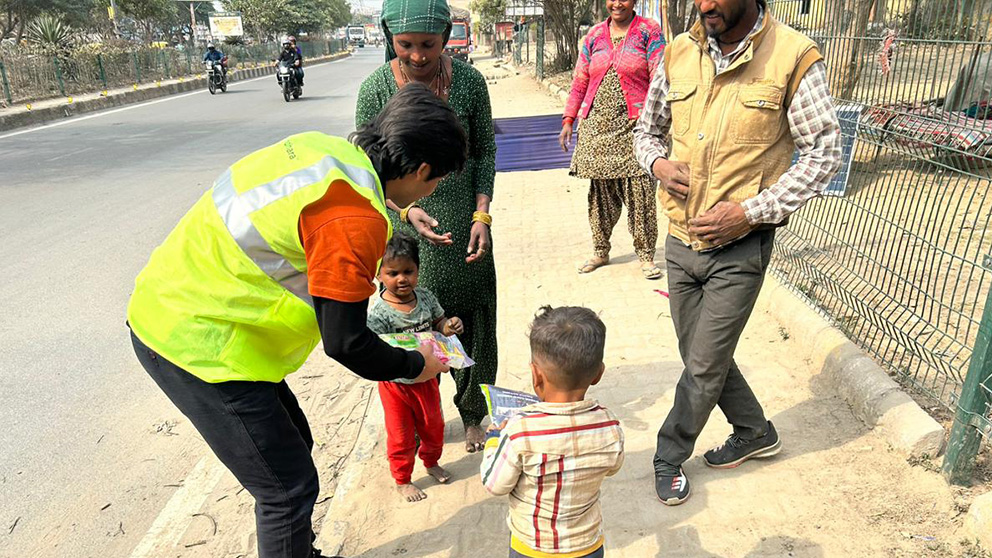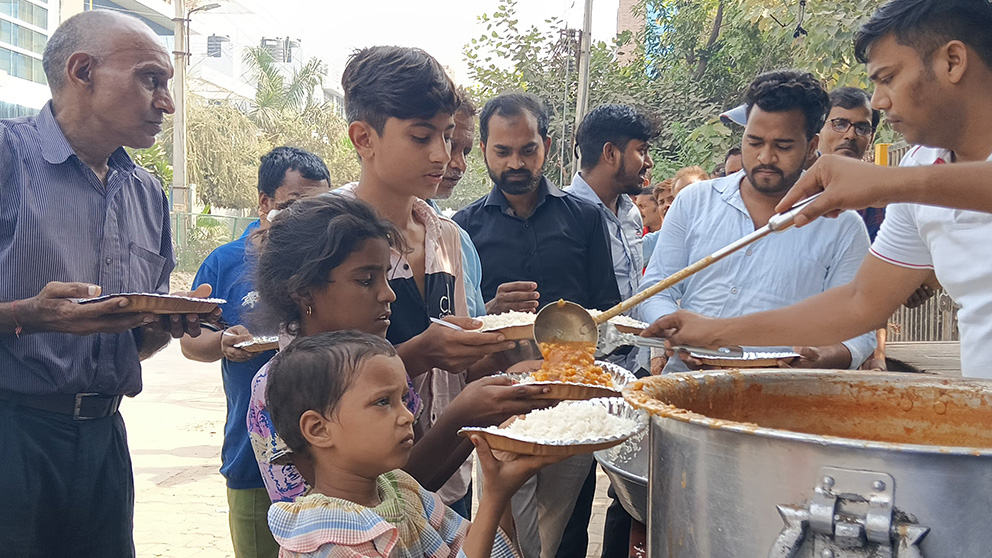In This Article

From ritual to relevance
In ancient Indian philosophy, seva—the act of selfless service—was never just a gesture. It was a way of life. In temples, villages, and families, seva meant giving without expecting anything in return. But as the world changes, so does the way we serve. Today’s generation is redefining altruism, not as an obligation, but as conscious, compassionate action.
Seva in the 21st century doesn’t always look like tradition. It can look like a volunteer teaching art in a slum. A college student distributing warm meals. A professional giving their weekends to mentor differently-abled children. It can look like the work we do at Snehdhara—quiet, consistent, grounded in empathy, and driven by a deep belief that every human deserves dignity.
Snehdhara and the spirit of Seva

At Snehdhara Charity Council, seva isn’t a one-time act—it’s our everyday ethic. From distributing baby kits in government hospitals to conducting self-defence workshops for schoolgirls, from sharing meals with the homeless to ensuring that adult hygiene products reach the elderly in need—every initiative is rooted in the idea of serving without conditions.
But today’s seva isn’t one-sided. It’s collaborative. It’s about walking with, not ahead. We don't serve as saviours—we serve as enablers, amplifiers, allies. This, we believe, is the true evolution of seva.
Where do you fit in?
You don’t need to take an oath or wear a badge. Sometimes, seva begins with showing up—with your time, skills, or even a listening ear. At Snehdhara, we welcome everyone into this evolving space of service—where kindness meets action, and where compassion becomes contagious.
After all, the heart of seva today lies not in giving more, but in giving better.